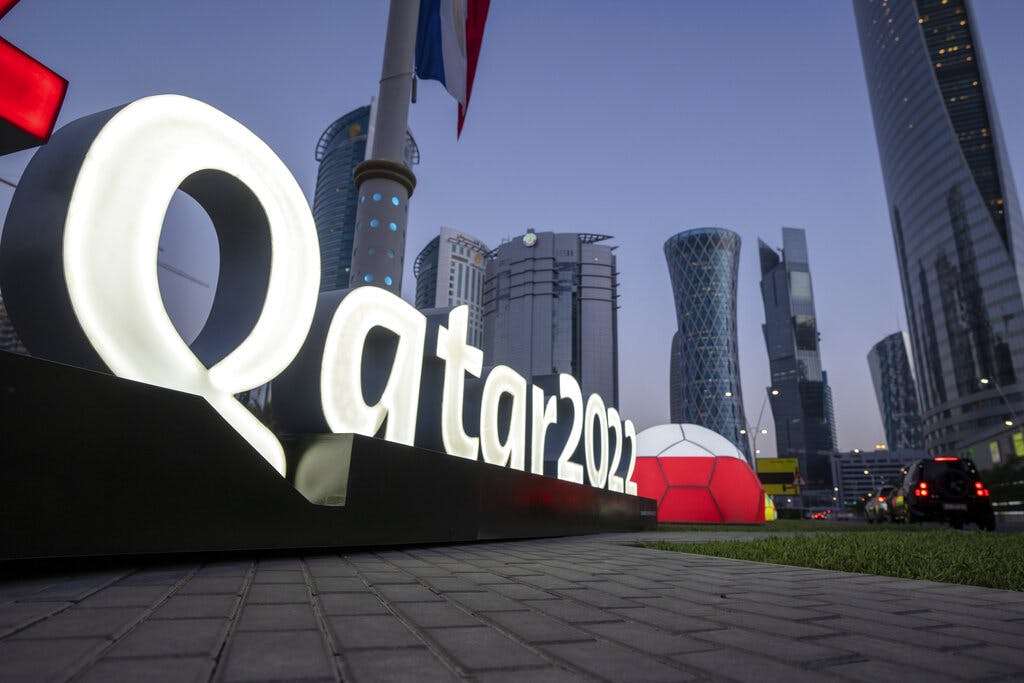
Final Release of Epstein Files Details Ties to Tech Titans and Top Officials but Fails To Satisfy Critics
By JOSEPH CURL
|The tiny country somehow beat out America for the right to host the world’s most watched sporting event, and it and the soccer world have been turned upside down in a multibillion-dollar effort to make it all work.

Already have a subscription? Sign in to continue reading
$0.01/day for 60 days
Cancel anytime
By continuing you agree to our Privacy Policy and Terms of Service.

By JOSEPH CURL
|
By JAMES BROOKE
|
By CAROLINE McCAUGHEY
|
By LUKE FUNK
|
By A.R. HOFFMAN
|
By NOVI ZHUKOVSKY
|
By SALENA ZITO
|
By MICHAEL BARONE
|